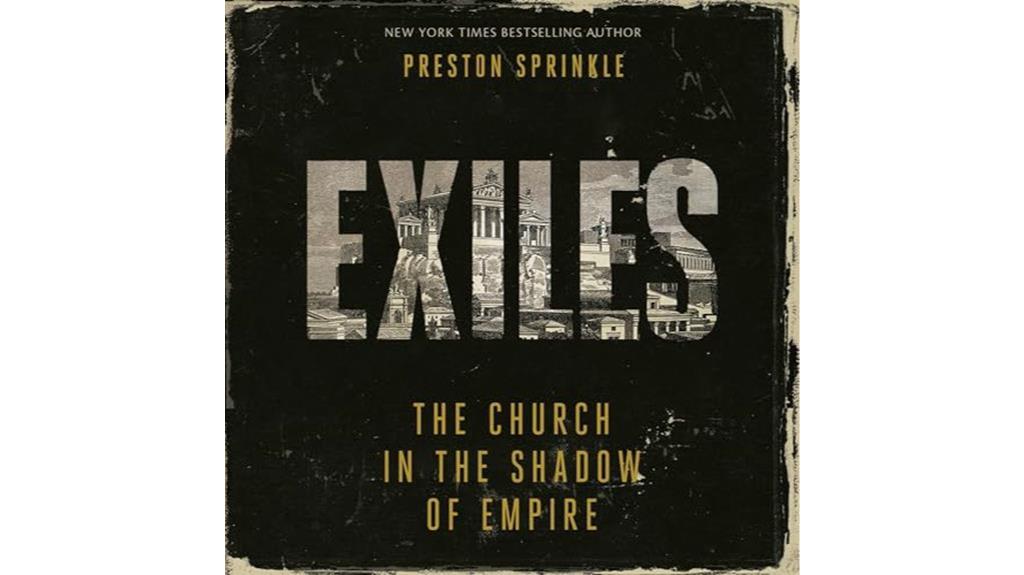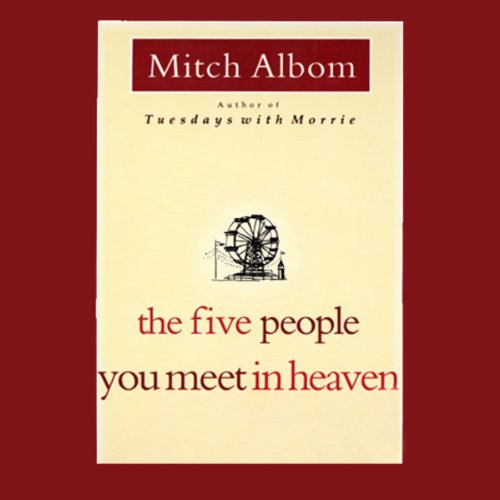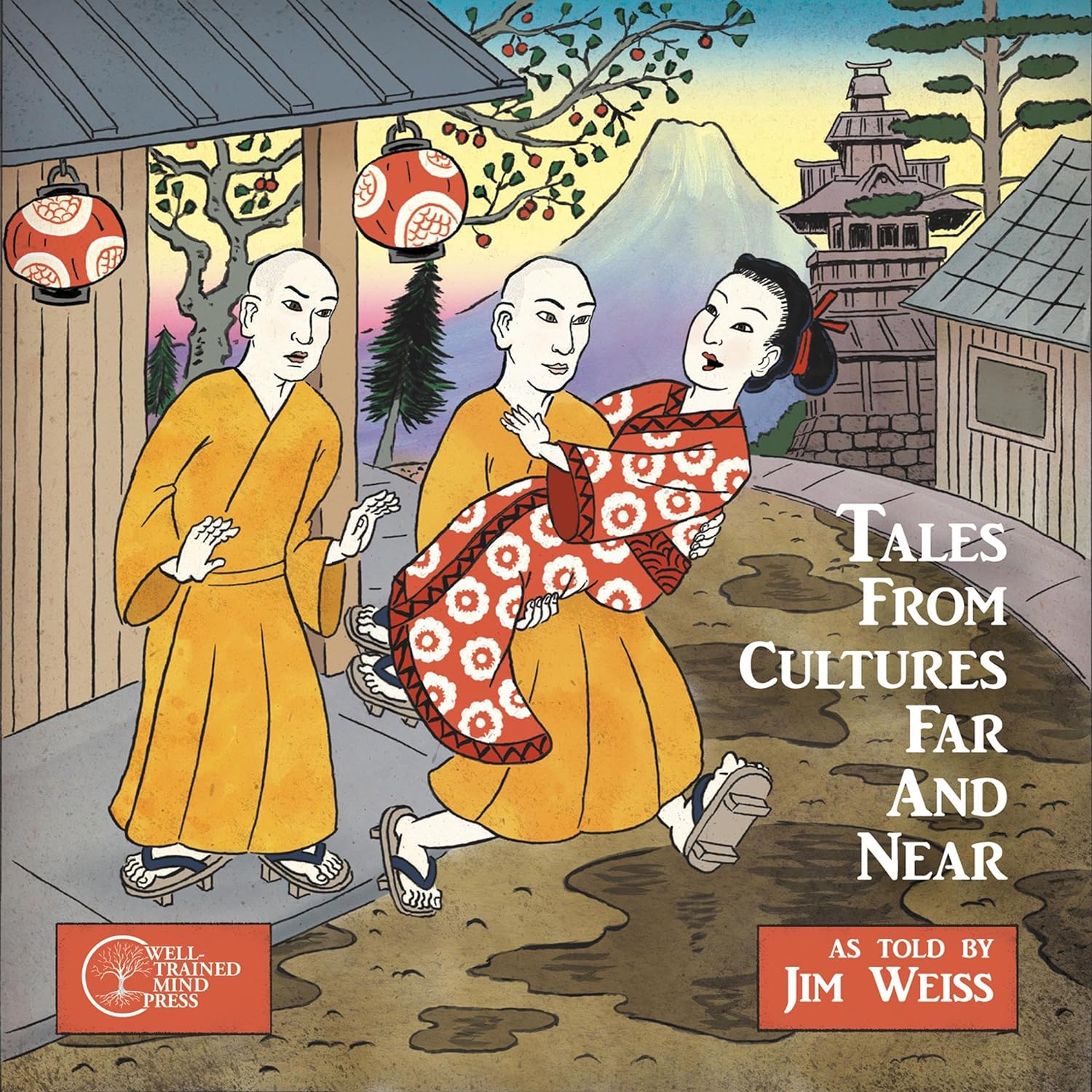Exiles' Book Review: Challenging Perspectives on Faith
In 'Exiles' Book Review: Challenging Perspectives on Faith, the author masterfully navigates the complexities of faith, identity, and societal structures, weaving together a narrative that beckons the reader to reconsider their place in the world. By daring to question traditional views on loyalty and belonging, this book offers a compelling invitation to explore the depths of one's convictions and the implications of truly living out one's faith. As the pages unfold, a new landscape emerges, one that challenges preconceived notions and opens doors to a renewed understanding of what it means to be a follower of Christ in today's world.
Plot
The plot of 'Exiles: The Church in the Shadow of Empire' intricately weaves together biblical theology, historical context, and contemporary political challenges to present a compelling narrative of Christian identity in the modern world.
By delving into the complex interplay between faith, power, and society, the book prompts readers to question the status quo and reassess their roles within the broader cultural landscape.
Through the lens of biblical exegesis and historical analysis, the author constructs a framework that challenges conventional notions of allegiance and citizenship.
In doing so, 'Exiles' calls into question the prevailing narratives of nationalism and partisanship, urging a deeper reflection on the essence of Christian witness in a world marked by empire.
It is a narrative that invites readers to journey beyond the confines of earthly kingdoms and embrace the radical call to be exiles in a world that often demands conformity over conviction.
Narration
Throughout the book 'Exiles: The Church in the Shadow of Empire', the narrative unfolds with a compelling blend of historical insights and theological reflections. The author skillfully weaves together the history of empires, biblical theology, and contemporary political culture to present a thought-provoking exploration of the Christian's role in society.
The storytelling is not just a recounting of events but a deliberate invitation to introspection and self-examination. It challenges readers to reevaluate their understanding of faith and the implications it holds for their engagement with the world around them.
The narration prompts a deep dive into the complexities of allegiance, identity, and the tension between being in the world but not of it. It invites readers to reconsider societal norms and behaviors through a lens of faith, urging a transformation in perspective and action.
Summary
Navigating through the complexities of faith, politics, and societal allegiance, 'Exiles: The Church in the Shadow of Empire' offers a compelling call to reexamine one's role in the world as a Christ-follower.
By challenging readers to transcend the conventional dichotomies of political affiliations and societal norms, the book prompts a profound reflection on the true allegiance of Christians. It advocates for a radical shift towards embodying the values of the kingdom of heaven amidst the empires of the world.
'Exiles' serves as a wake-up call to embrace a counter-cultural stance that prioritizes fidelity to the teachings of Christ over conforming to the prevailing ideologies of the age. Through its paradigm-shifting narrative, the book ignites a transformative journey towards a more authentic and impactful expression of faith in today's world.
Conclusion
In conclusion, 'Exiles' challenges readers to reevaluate their beliefs and actions in light of biblical teachings and societal pressures. Through a thought-provoking exploration of faith and identity, the book prompts introspection and reconsideration of one's role as a follower of Christ in a world that often prioritizes conformity over fidelity.
Embracing the concept of being exiles in a society that may not always align with Christian values, readers are urged to navigate their faith with courage and conviction.







